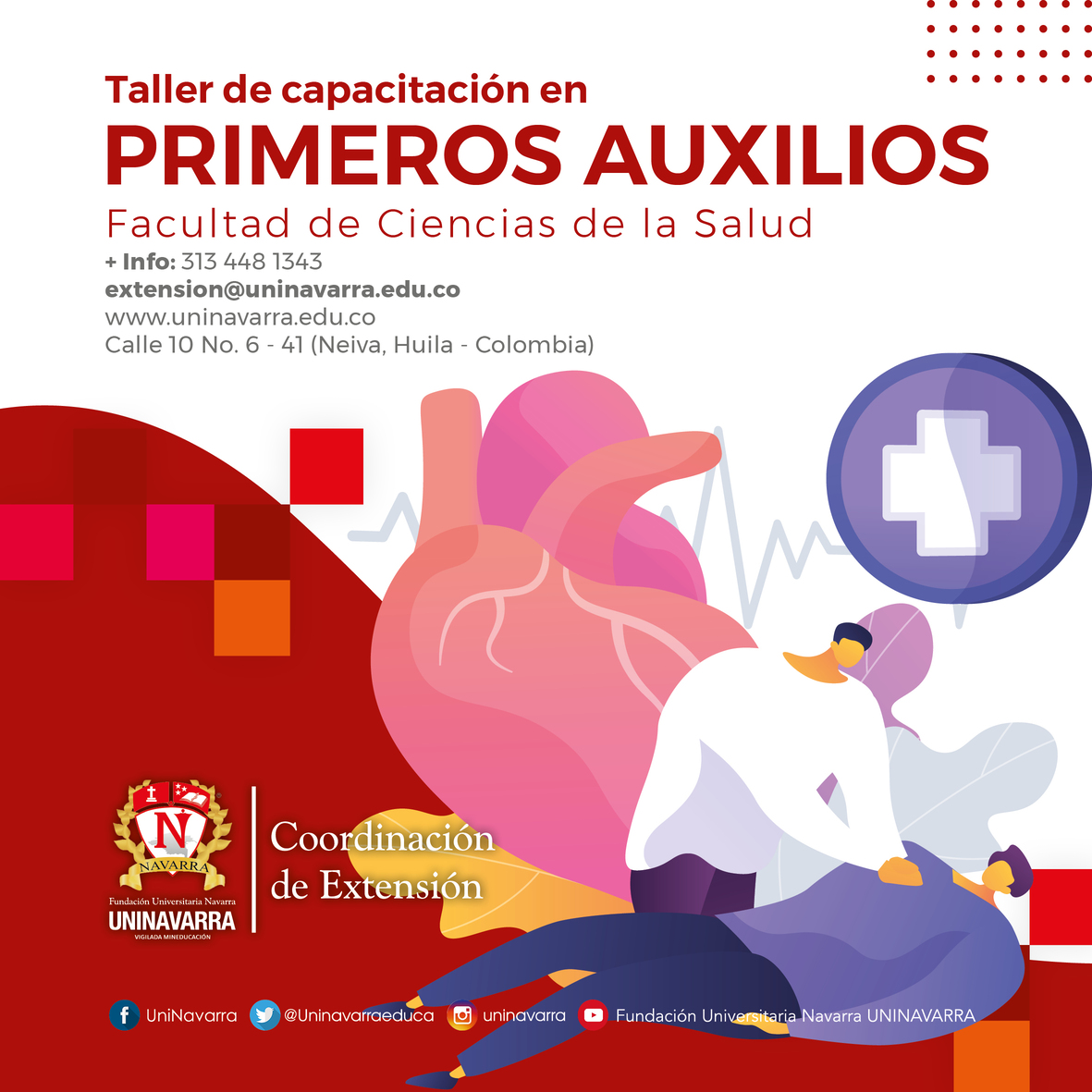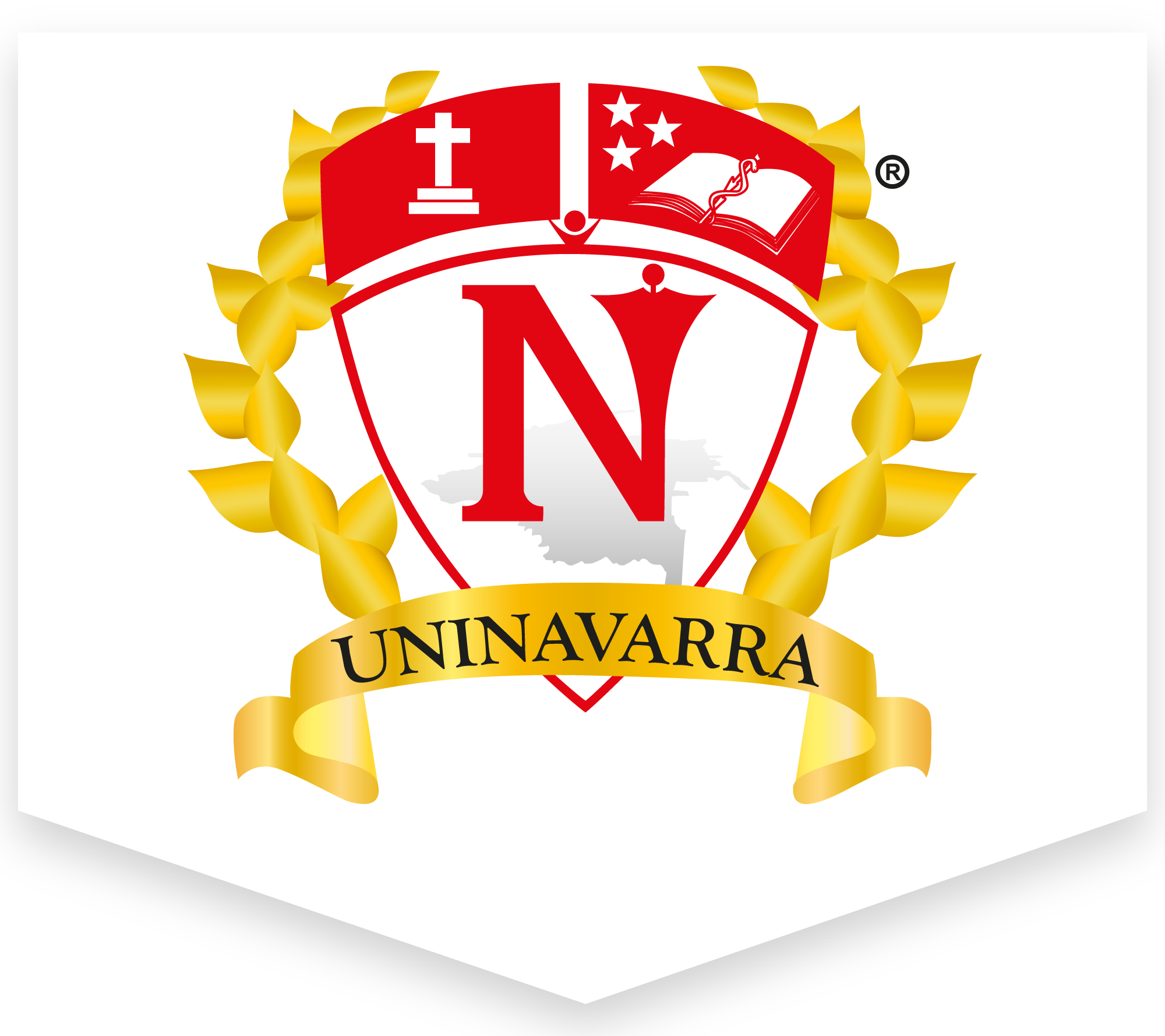Workshop - First aid training
Duration: 1 Day
Hourly Intensity: 4 hours
Home: Subject to the number of registrants
Completion: Subject to the number of registrants
Community Investment in General:
Modality: On-site
Quotas: Unlimited
Certification: Completed course 100% (Delivered within 48 hours)
Faculty: Health Sciences
Enrollment - General: $800.000.00
Enrollment - Vulnerable Population - 20% discount: $640.000.00
Tuition - Students - 40% discount: $560.000.00
Tuition - Graduates - 30% discount: $480.000.00
Tuition - Community Leaders - 60% discount: $320.000.00

Program Presentation
The FIRST AID CPR workshop will allow a person trained in first aid to have the necessary skills and tools to know threats, providing basic and timely care, being able to stabilize a patient avoiding worsening their situation. This workshop will also reinforce knowledge about the importance of defibrillation, the elimination of airway obstructions, the use of an AED and the role of each link in the chain of survival.
The FIRST AID CPR workshop will allow a person trained in first aid to have the necessary skills and tools to know threats, providing basic and timely care, being able to stabilize a patient avoiding worsening their situation. This workshop will also reinforce knowledge about the importance of defibrillation, the elimination of airway obstructions, the use of an AED and the role of each link in the chain of survival.
Target
To train people in general (students, graduates, collaborators, partners and external personnel) in the initial response and care of a patient, maintaining and controlling the factors that may worsen the patient's condition while specialized personnel and equipment arrive on the scene.
To train people in general (students, graduates, collaborators, partners and external personnel) in the initial response and care of a patient, maintaining and controlling the factors that may worsen the patient's condition while specialized personnel and equipment arrive on the scene.
Methodology
Train personnel in the recognition and activation of the chain of survival.
* Perform high quality cardiopulmonary resuscitation.
* Properly use the AED demonstrate basic life support (BLS) skills
* Perform adequate airway management
* Identifying cardiac arrest rhythms
* Perform adequate pharmacological management of arrest rhythms and cardiac arrhythmias.
Train personnel in the recognition and activation of the chain of survival.
* Perform high quality cardiopulmonary resuscitation.
* Properly use the AED demonstrate basic life support (BLS) skills
* Perform adequate airway management
* Identifying cardiac arrest rhythms
* Perform adequate pharmacological management of arrest rhythms and cardiac arrhythmias.

